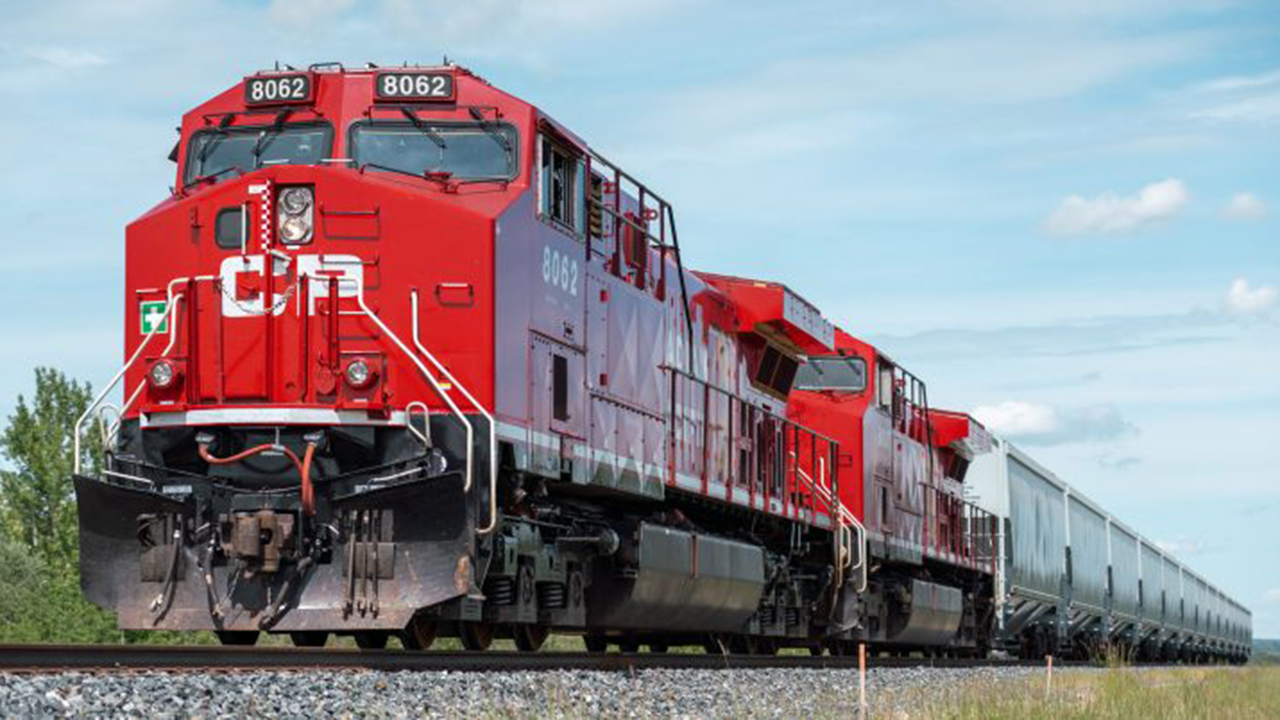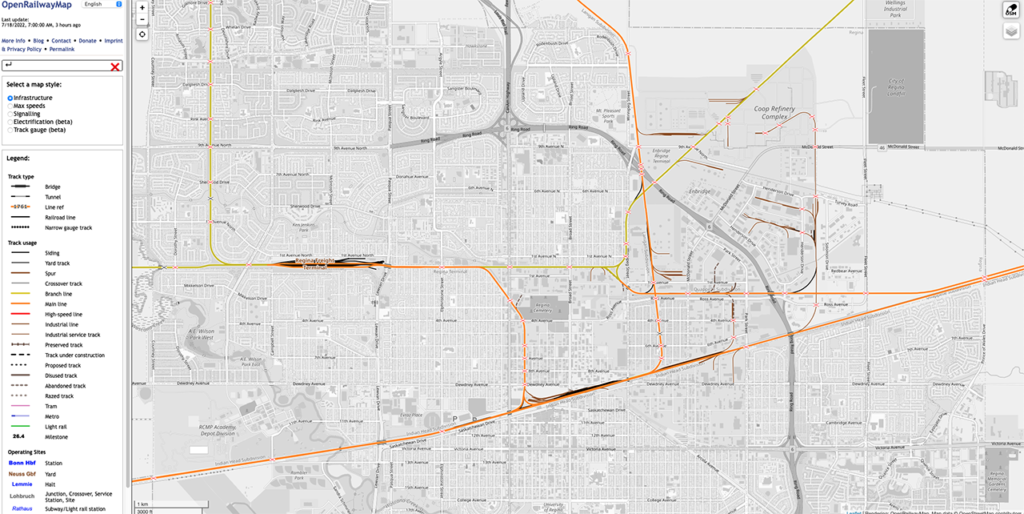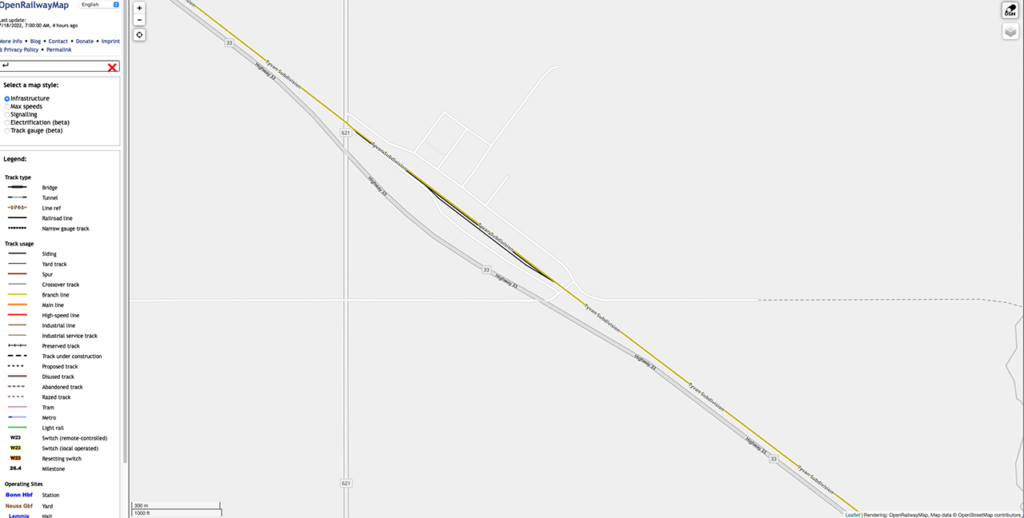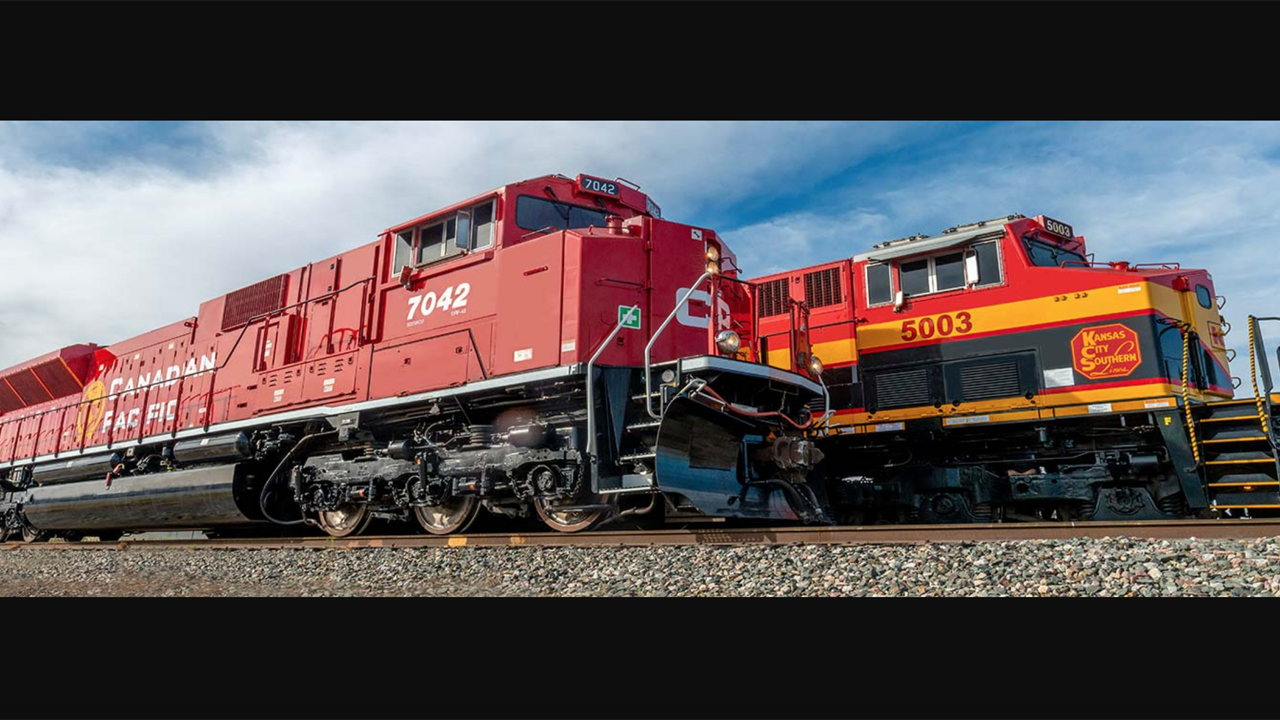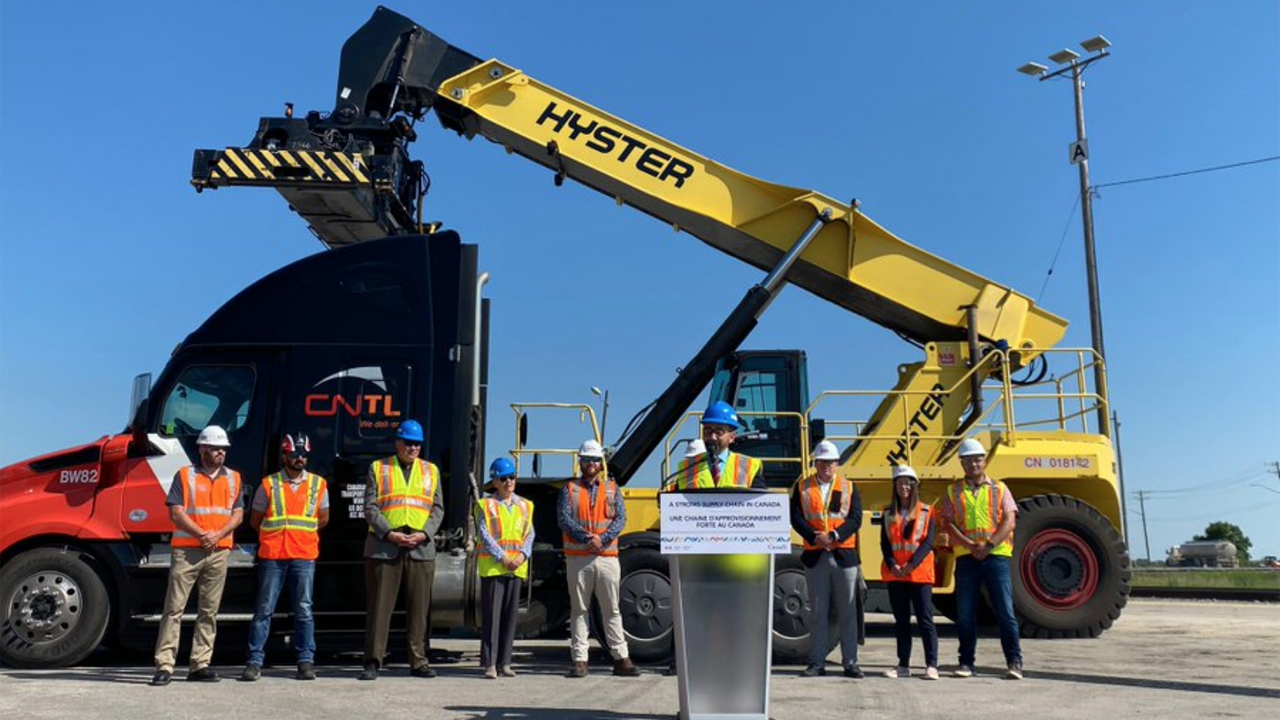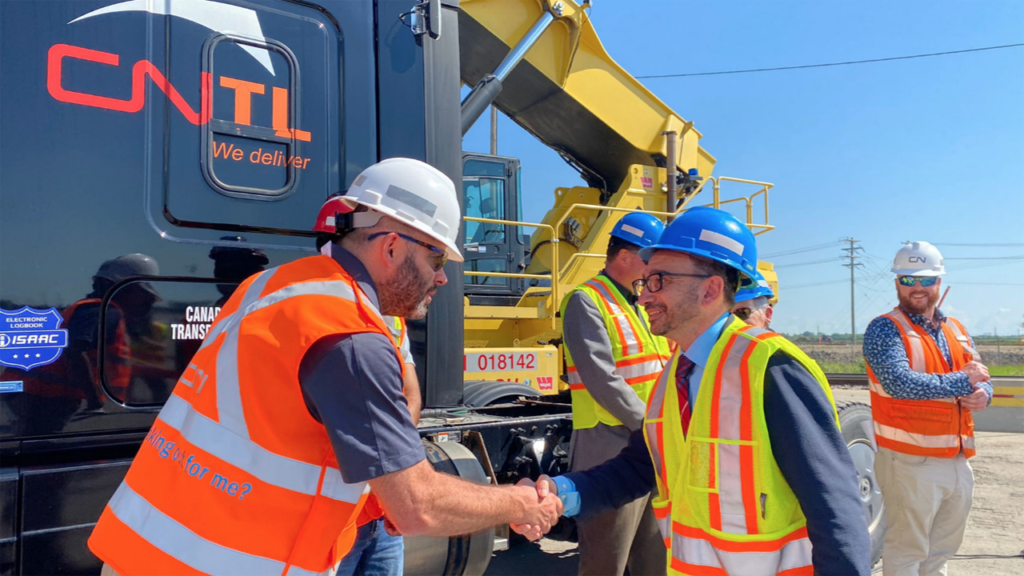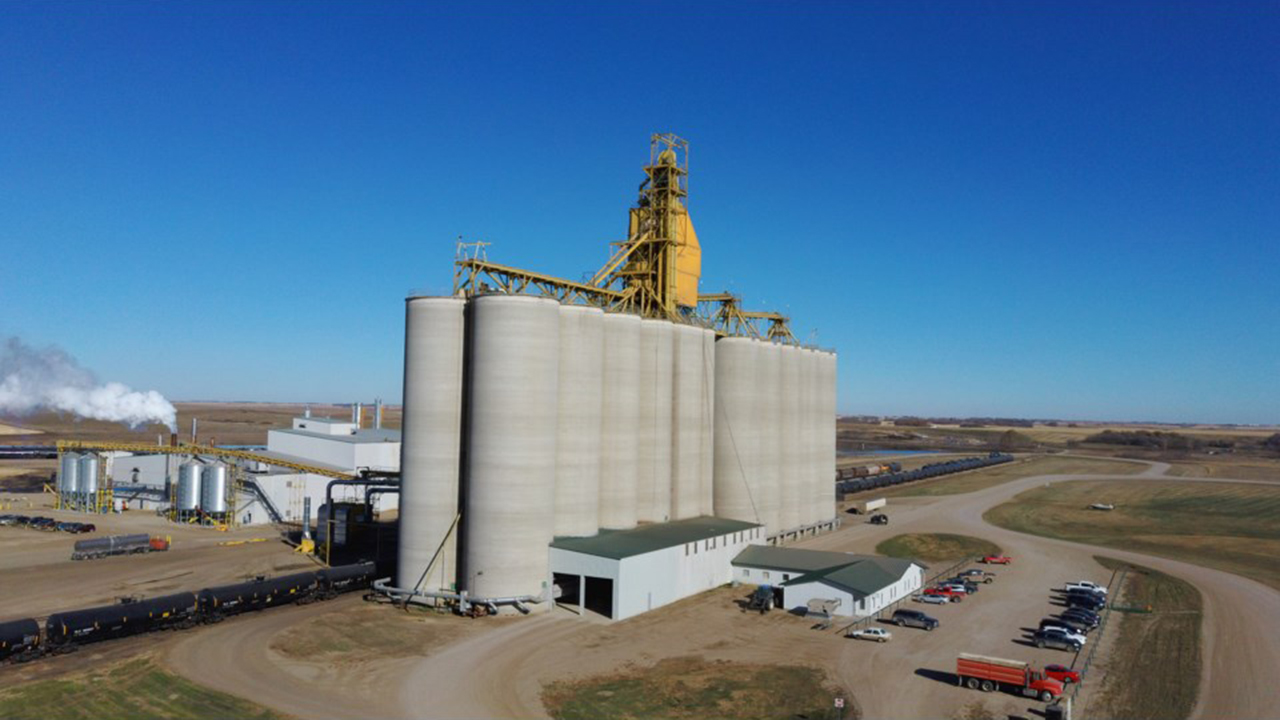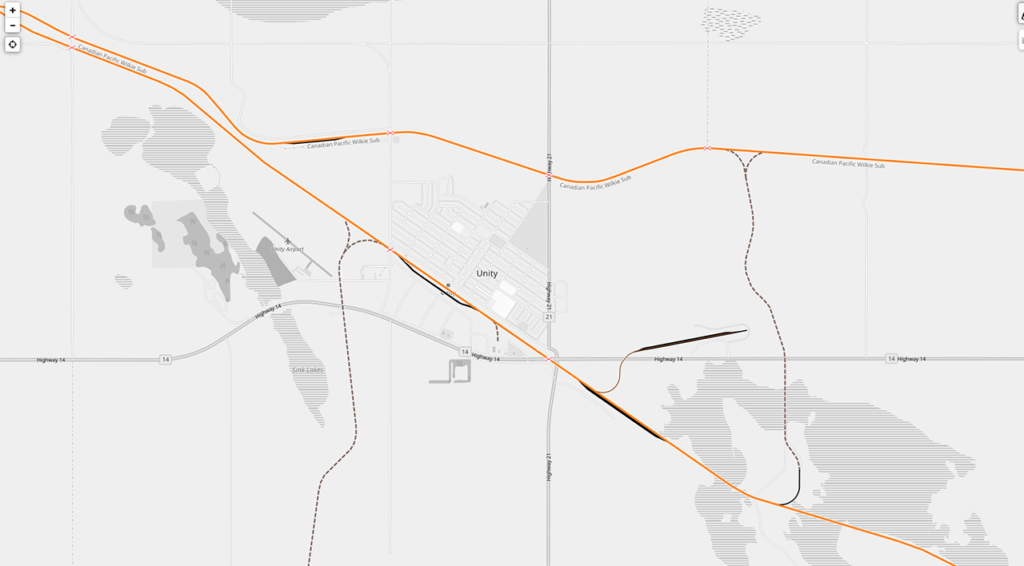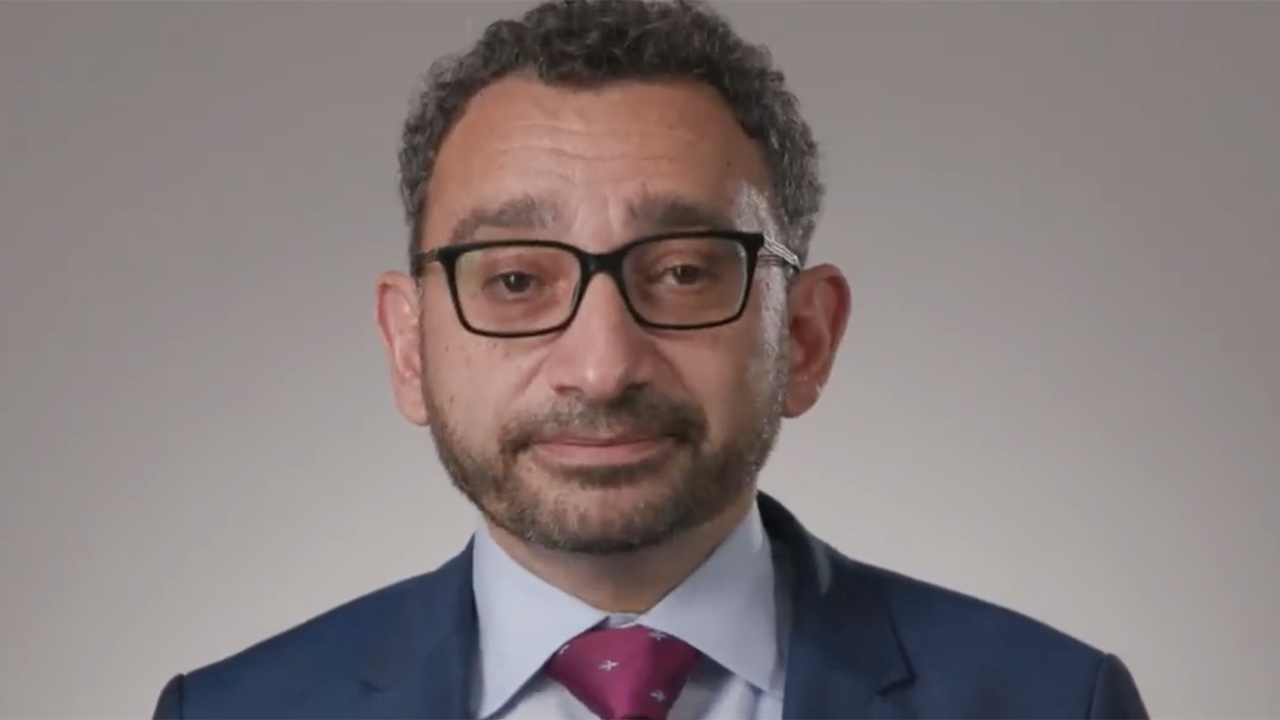
The Russian War In Ukraine And Its Impact On Africa – Analysis
When Vladimir Putin, the president of Russia, started sending thousands of soldiers and tanks to the border of Ukraine, many thought he just wanted to make a show of force. The two countries are very similar and were once very close. But this was no joke, in the least, Putin meant business. His hidden agenda is to absorb peaceful Ukraine into the Russian Federation on the ground that it is an act of self-defense in reaction to the West’s territorial encroachment that aims at surrounding Russia to weaken it.
Russian violation of national sovereignty and territorial integrity of a peaceful Ukraine
However, on February 24, 2022, the Russian army started to enter and bomb Ukraine. In truth, we have to go back in time a bit: things have been going badly between the two countries for at least eight years. In 2014, people in Kyiv, the capital, began to demand more freedom and closer ties with the European Union and the West. The Ukrainian president at the time, who was a friend of Russia, was even forced to flee.
Shortly thereafter, in response, Russia had already invaded a part of Ukraine, Crimea, which it considered its own. In another part of the east of the country, the Donbas, a first war broke out between those who wanted to move closer to Russia and those who feared that Ukraine would be cut into pieces. For eight years, several countries (including Switzerland) tried to bring peace between the Ukrainian brothers. But they did not succeed.
Vladimir Putin now explains that he wants to defend the Ukrainians who feel more Russian. According to him, they were “threatened” and they needed his help. However, he has also given a whole series of other justifications that blur his real objectives. For example, it seems that the Russian president does not really recognize Ukraine’s right to be an independent country from Russia. He also believes that if Ukraine moves closer to Western Europe, and especially if it becomes part of the military alliance that includes these countries as well as the United States and Canada (NATO), Russia will find itself surrounded by enemies.
In the past, Russia was a vast empire that extended far beyond its current borders. From his statements, Vladimir Putin seems to consider that he must forever maintain special ties with the other countries that made up this empire. But the vast majority of Ukrainians do not share this opinion at all, and they are ready today to defend their country.
The intensity and scale of the invasion of Ukraine by the Russian army is causing a humanitarian catastrophe of a severity not seen in Europe since the Second World War. This attack is led by one of the most powerful armies in the world against a country of 44 million inhabitants before the invasion. As proof of the violence of the fighting, over 3 million Ukrainians have already fled to neighboring countries, mainly to Poland.
Refugees are crossing to neighboring countries to the west, such as Poland, Romania, Slovakia, Hungary, Moldova, Belarus, and even Russia.
The UN says that as of March 14, 2022:
- Poland had taken in 1,808,436 refugees
- Hungary 263,888
- Slovakia 213,000
- Moldova 337,215
- Romania 453,432
- Russia 142,994
- Belarus 1,475
The speed of this exodus is unprecedented. There are already more Ukrainian refugees in European countries than the number of Syrians who fled the war in their country in 2015. At the time, there was talk of a refugee “crisis.” Europe, with the exception of Germany, had closed its borders. Today, the attitude towards the Ukrainians is quite different. But how long will the countries bordering Ukraine be able to cope with this influx?
Ukrainians trapped in bombed-out cities
The situation is even more dramatic inside Ukraine. After failing to quickly take the capital, Kyiv, to replace the Ukrainian government, the Russian army has stepped up its bombing in an attempt to break the Ukrainians’ resistance. The strikes on densely populated cities are causing many casualties among the inhabitants.
According to the UN, hundreds of civilians have been killed since the beginning of the invasion on February 24,2022. But these are only the deaths that could be confirmed. The human toll is likely to be much higher. And the death and injury toll will continue to rise as long as the war continues.
As of Sunday, March 13, 2022, at least 636 civilians have died in Ukraine since the Russian invasion began, the UN Human Rights office (OHCHR) said Monday in a statement.
According to the agency, at least 1,125 civilians have been injured so far:
“Most of the civilian casualties recorded were caused by the use of explosive weapons with a wide impact area, including shelling from heavy artillery and multi-launch rocket systems, and missile and air strikes,”
the agency said.
“OHCHR believes that the actual figures are considerably higher, especially in Government-controlled territory and especially in recent days, as the receipt of information from some locations where intense hostilities have been going on has been delayed and many reports are still pending corroboration,”
it added.
Besides, hundreds of thousands of Ukrainians are trapped in bombed-out cities. Some of them are surrounded by the Russian army. In the besieged cities, the population is finding it increasingly difficult to find drinking water or food. Negotiations between Ukraine and Russia continue, despite the fighting, to evacuate the population of several cities. But, for this, ceasefires are needed so that the inhabitants can be evacuated.
This is the first time that war has occurred in a country with so many nuclear reactors. Moreover, the worst accident in the history of civil nuclear power occurred in Ukraine in 1986, when a reactor exploded in Chernobyl and caused the death of many people. Today, nearly 2600 km² remain off-limits around the site because of radioactivity. However, this area has been invaded by the Russian army, as well as the nuclear power plant of Zaporijjia (six reactors), in the south of Ukraine.
Africa cannot remain indifferent to the Russian aggression
As the war in Ukraine continues, the African Union has clarified its position by condemning the Russian invasion. In such political crises, Africa has often refrained from revealing its position, a move often interpreted as the reason for its inaudible position on the international scene.
But this time, the continent could hardly remain indifferent to the Russian invasion, especially since Moscow also has close relations with several African countries.
The current chairman of the African Union (AU), Macky Sall, and the chairman of the AU Commission, Moussa Faki Mahamat, expressed their extreme concern about the very serious and dangerous situation created in Ukraine.
In their statement, they called on the Russian Federation and any other regional or international actor to imperatively respect international law, territorial integrity, and national sovereignty of Ukraine.
The current Chairman of the African Union and the Chairman of the African Union Commission urged both parties to the immediate establishment of a ceasefire and the opening without delay of political negotiations under the auspices of the United Nations, in order to save the world from the consequences of a global conflict, for peace and stability in international relations for the benefit of all peoples of the world.
On another level, African countries are concerned about the fate of their nationals who try to leave the country. They also remember the aid that used to come from Russia and Ukraine.
The current Chairman of the African Union and President of the Republic of Senegal, H.E. Macky Sall, and the Chairperson of the African Union Commission, Moussa Faki Mahamat, are following closely the developments in Ukraine and are particularly concerned about reports that African citizens on the Ukrainian side of the border are being denied the right to cross the border to safety.
Both Presidents reiterate that all persons have the right to cross international borders during conflict and, as such, should have the same rights to cross the border to safety from the conflict in Ukraine, regardless of their nationality or racial identity.
Reports that Africans are subject to unacceptable differential treatment are offensive and racist and violate international law. In this regard, the Presidents urge all countries to respect international law and to show equal empathy and support to all people fleeing war, regardless of their racial identity.
The Chairpersons commend the extraordinary mobilization of the AU Member States and their Embassies in neighboring countries to receive and guide African citizens and their families who are trying to cross the border of Ukraine to safety.
African states’ reaction to the war in Ukraine
Africa represents more than 25% of the seats in the UN General Assembly. In a vote on a resolution condemning Russian military aggression, only Eritrea voted against the resolution, while 28 African countries condemned the Russian action. But 17 African countries abstained and 8 other countries did not take part in the vote. How to explain the different positions within the African continent?
We should rather speak of “the” Africas, insofar as Africa is not a monolithic block and the contingency of international relations means that many reactions are due to national issues. Kenya’s reaction at the UN Security Council is enlightening in this respect: the Kenyan representative calmly recalled that the African continent had been colonized by the great European powers and that the populations had been separated by the borders drawn, but that this did not mean that there were incessant wars because the African states had learned to live with this division. This is a good lesson for Russia. It should be noted that the representative recalled from the outset the sacrosanct principle of the intangibility of borders, a principle affirmed by the Organization of African Unity (OAU) in 1963.
This explains the cautious reactions: the African Union does not condemn, but calls for respect of international law and the sovereignty of Ukraine. This does not mean that African states support Russia: on the contrary, none, not even Mali or the Democratic Republic of Congo where Russia is present with the Wagner company, have given their support to the invasion. What might appear to be diplomatic prudence is not so insignificant when a nuclear power flouts international law.
However, this prudence can be explained by two main factors:
- The risks of separatism faced by certain African states, and;
- Their dependence on Russia, particularly in terms of grain. Tunisia and Egypt import wheat, notably from Russia and Ukraine.
We can see that the current situation is also summed up by the power games between the West and Russia. There is no distinction made between NATO and the West. It is interesting to follow the distinction that could be made between the cautious diplomatic positioning of the diplomats and the more assertive and clearly pro-Russian public opinions. They have nothing to do with a form of the third way. On the contrary, they share with Russia a rejection of Western values and denounce a form of Western hypocrisy, which condemns the invasion of Ukraine but has not hesitated to intervene in Syria, Libya, or Afghanistan. The double standard is denounced. From the Afro Barometers, we see that the share of positive popular perceptions of Russia and China has increased significantly over the past five years. This reflects Russia’s economic, political and military commitment, but also the role of its propaganda media.
There is also some African ambiguity about Russia, with the public seeing Putin as a strongman who would therefore have the right to decide on a country’s future security alliances while being very concerned about their sovereignty. It seems to him that there is a great deal of Russian political mythology, disseminated and maintained by Putin, that is shared by African populations: moral equivalence between Russian and NATO interventions, strong anti-imperialism, anti-Americanism, the politics of humiliation, the feeling that history is written by the victors. All this will be interesting to follow.
The international order, a few years ago, was still unipolar. We are now moving towards a bipolarization. It is an unstable, interdependent system. However, it is not in the interest of any state to declare itself at odds with international law, especially small states, for whom international institutions are power relays.
Grains at the center of geopolitics
Wheat and other grains are once again at the center of geopolitics after Russia’s invasion of Ukraine. With both countries playing a major role in the global agricultural market, African leaders need to pay attention.
Agricultural trade between the continent’s countries and Russia and Ukraine is significant. African countries imported $4 billion worth of agricultural products from Russia in 2020. About 90% of these products were wheat, and 6% were sunflower oil. The main importing countries were Egypt, which accounted for almost half of the imports, followed by Sudan, Nigeria, Tanzania, Algeria, Kenya, and South Africa.
Similarly, Ukraine exported $2.9 billion worth of agricultural products to the African continent in 2020. About 48% of these products were wheat, 31% corn, and the rest was sunflower oil, barley, and soybeans.
Russia and Ukraine are major players in the global commodity market. Russia supplies about 10% of the world’s wheat, while Ukraine produces 4%. Collectively, this represents almost the entire wheat production of the European Union. This grain is intended for domestic consumption and export markets. Together, these two countries account for a quarter of global wheat exports; in 2020, they amounted to 18% for Russia and 8% for Ukraine.
These two countries are also key players in the corn sector, with a combined production of 4%. However, when it comes to exports, Ukraine and Russia’s contribution is much larger, with 14% of global corn exports in 2020. They are also among the leading producers and exporters of sunflower oil. In 2020, Ukraine’s sunflower oil exports accounted for 40% of global exports, compared to 18% for Russia.
Russia’s military action has caused panic among some analysts, who fear that the intensification of the conflict could disrupt trade, with serious implications for global food stability.
I share these concerns, particularly with regard to the consequences of a spike in global grain and oilseed prices. These are among the driving forces behind the rise in global food prices since 2020. This is mainly due to droughts in South America and Indonesia, which have led to crop failures, and increased demand in China and India.
The disruption of trade, due to the invasion, in this important Black Sea grain-producing region would contribute to higher international agricultural commodity prices, with potential negative impacts on global food prices. An increase in commodity prices was visible only days after the conflict began.
This is a concern for the African continent, which is a net importer of wheat and sunflower oil. In addition, there are concerns about drought in some parts of the continent. The disruption of shipments of essential commodities would only add to the general concern about food price inflation in a region that imports wheat.
War in Ukraine: what consequences for the African economy?
The war in Ukraine has, undoubtedly, terrible consequences on the African economy: an increase in the price of gas, oil, agricultural raw materials. The invasion of Ukraine by Russia risks destabilizing the African economy still in remission of the COVID 19 pandemic.
In an interconnected world, any conflict can have repercussions beyond the battlefield. Africa will not be spared the economic and political consequences of Russia’s invasion of Ukraine, observes the continent’s press.
The lasting relationship that Russia has built with Africa will be put to the test by the current crisis in Ukraine, analysts tell the Pan-African website Africanews.
Thus, on the Pan-African level, through the voice of its current chairman Macky Sall, the African Union (AU) was quick to express extreme concern about the very serious and dangerous situation created in Ukraine, while calling on Russia to imperative respect for international law, territorial integrity and national sovereignty of Ukraine.
Officially, South Africa is on the side of peace. In a letter to the nation published Monday, March 7, 2022, President Cyril Ramaphosa called for a resolution of the conflict between Russia and Ukraine through dialogue. This position is in keeping with the restraint that characterizes South African diplomatic practices, even if the Russian influence within the ruling African National Congress (ANC) raises questions.
On the first day of the Russian invasion, February 24, 2022, South Africa surprised everyone by calling on Russia, through its Department of International Relations (the Ministry of Foreign Affairs), to immediately withdraw its forces from Ukraine. The stance came as a surprise, since South Africa, which is also a member of the BRICS group (along with Brazil, Russia, India, and China) and is close to Moscow, is usually more measured in its diplomacy. It was quickly followed by unease within the executive.
Another reaction came from Morocco, which indicated through its Foreign Ministry that it was following with concern the evolution of the situation between the Russian Federation and Ukraine, reports the Moroccan website Le 360.
As for Algeria, a historical ally of Russia, it simply called on its citizens in Ukraine to respect the security instructions, reports Dzair Daily.
In the African press, the most glaring concern is about grain imports from Ukraine and Russia and the fear of disruptions in supply and prices, says Africanews. The Continent has the same analysis, recalling the importance of Russian wheat.
The Tunisian Central Bank decided to maintain its key rate at 6.25%, during a meeting of its board of directors held on Monday, March 14, 2022. The announcement comes in a context marked by global inflation which has affected commodity prices. Internationally, the Tunisian Central Bank is following with great attention the fallout from the Russian-Ukrainian war on global business, on supply chains, and on the international prices of raw materials and basic foodstuffs, which are likely to have a strong impact on inflation, the institution said.
UN Secretary-General Antonio Guterres warned on Monday, March 14 2022 that the repercussions of Russia’s war in Ukraine could result in a hurricane of famine in many countries. Highly dependent on imports of wheat and other essential foodstuffs, most countries around the Mediterranean and the rest of the continent are preparing to suffer a major shock.
The outlook for African countries is bleak in the wake of the war in Ukraine. The cessation of exports of cereals, including wheat, and other agricultural inputs, will hit most of them hard, as they are already facing a structural food crisis (climatic disturbances, conflicts) or have been considerably weakened by price increases and stock market speculation on essential products.
Moscow and Kyiv account for 34% of trade in wheat, a commodity that has increased by 70% since the beginning of the year. The countries around the Mediterranean are suffering greatly. For Egypt, this represents 80% of imports. It is the largest importer of wheat in the world (12 million tons). The country has three or four months of stock, estimates Jean-François Loiseau, president of the French cereal interprofession Intercéréales. The price of bread has jumped by 50% since the beginning of the Russian invasion of Ukraine. Cairo is considering an increase in the price of the subsidized wafer intended for low-income earners. A risk not taken since the bread riots of 1977.
This is a source of concern for other countries in the region, such as those in the Sahel and West Africa, historically net importers of food. Algerians, for example, remember the riots of 2011 following a sudden surge in oil and sugar prices that spilled over into other consumer goods. In some areas of Algiers, stores were stormed by groups of young people. Demonstrations broke out 250 km away in the city of Béjaïa, in Kabylia, and as far away as Constantine, the capital of the east of the country. However, Algiers is hoping to cushion this shock with additional earnings from gas exports, just like Morocco for phosphates, whose price is rising.
On the other hand, the food insecurity from which the poor populations in Lebanon, Yemen, Syria and Sudan, torn by internal conflicts, are already suffering, is going to increase. According to the UN Food and Agriculture Organization (FAO), world food prices reached a record high in February, up 3.9% from January.
Europe and Africa will be very deeply destabilized in terms of food in the next 12 to 18 months, warned Emmanuel Macron on Friday, March 11, 2022, at the end of a European summit in Versailles (Informal meeting of heads of state or government, Versailles, 10-11 March 2022.) Beyond this observation, African countries need a real safeguard plan to avoid the explosion of famine feared by the World Food Program (WFP).

Dr. Mohamed Chtatou
Dr. Mohamed Chtatou is a Professor of education science at the university in Rabat. He is currently a political analyst with Moroccan, Gulf, French, Italian and British media on politics and culture in the Middle East, Islam and Islamism as well as terrorism. He is, also, a specialist on political Islam in the MENA region with interest in the roots of terrorism and religious extremism.
